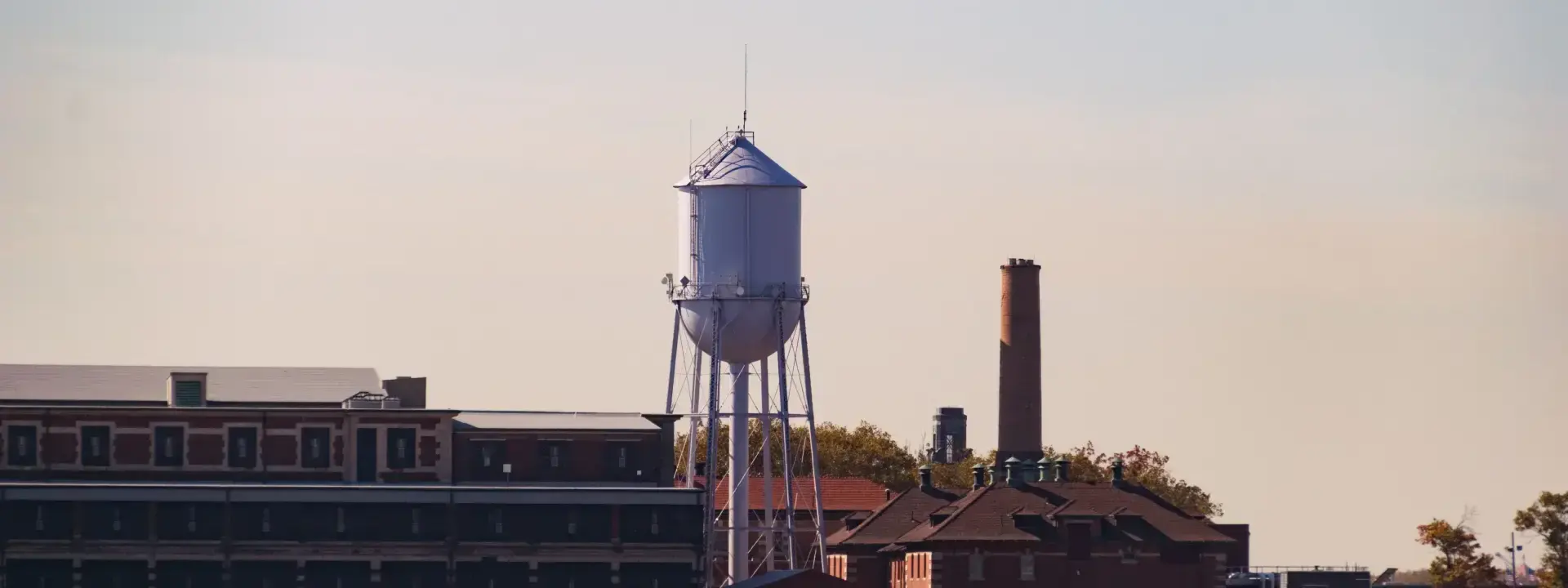
Water Tank Job Description
What is a Water Tank Professional?
A water tank is a container for storing water. Water tanks are used to provide storage of water for use in many applications, drinking water, irrigation agriculture, fire suppression, agricultural farming, both for plants and livestock, chemical manufacturing, food preparation as well as many other uses. Water tanks come in a variety of shapes and sizes, with the most popular being the cylindrical tank or barrel. Other shapes include rectangular prismatic tanks and round or elliptical pillow tanks. There are two main types of water tanks: plastic and metal. Plastic water tanks are made from Polyethylene (PE), PVC or PET (Polyethylene Terephthalate).
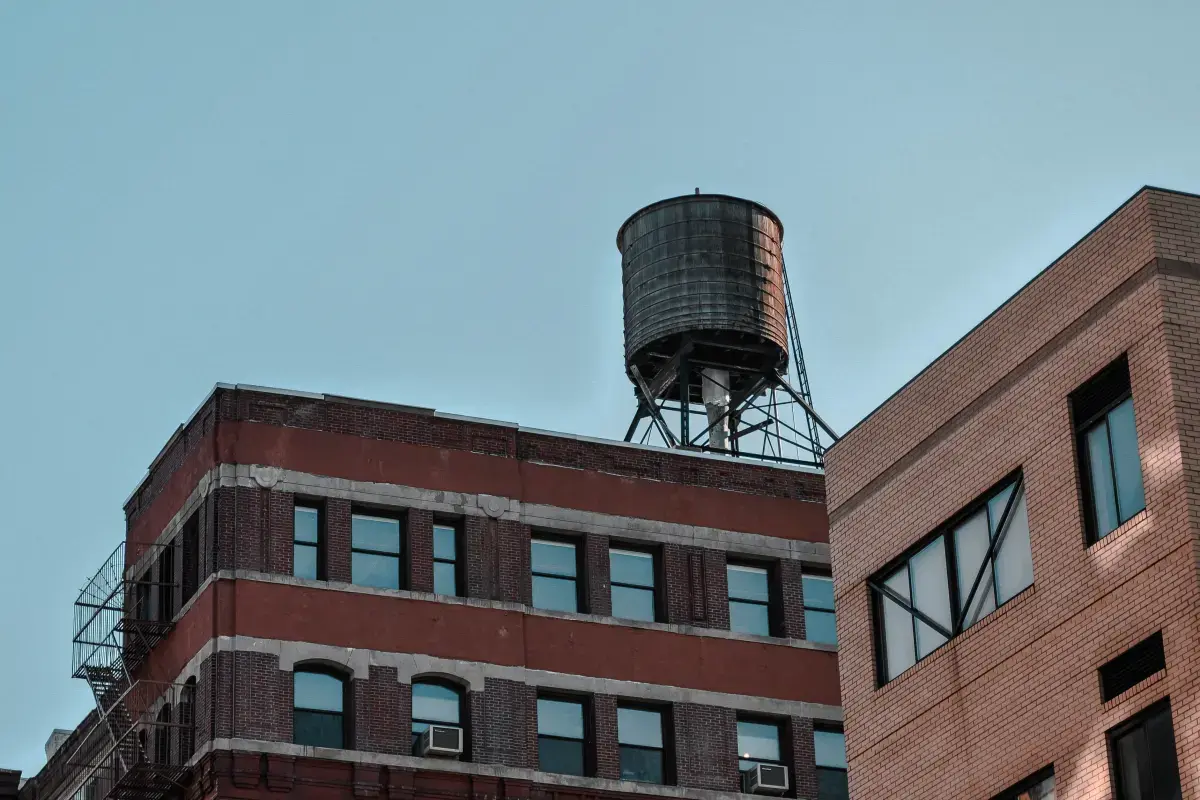
What does a Water Tank Expert do?
Metal water tanks can be made from galvanized steel, stainless steel or aluminum. IBCs on Wooden Pallet - International Standard Bulk Container Firefighters using portable pump and drafting from an above ground pool during wildfires In some places such as Australia while rainwater is encouraged to be collected this way there often remains a need for distilled treated mains/town supply especially when treating stored drinking quality water.Modern householders have available to them an array of materials from which they can choose when it comes time to purchase their next home improvement product. Water tanks tend to have more prestigious connotations attached to them in rural settings than their urban equivalents. In remote areas where city infrastructure does not reach country townships , rainwater harvesting via tanker storage is often practiced due to its low initial investment costs compared with alternative options such as drilling a bore hole or extending town reticulation networks
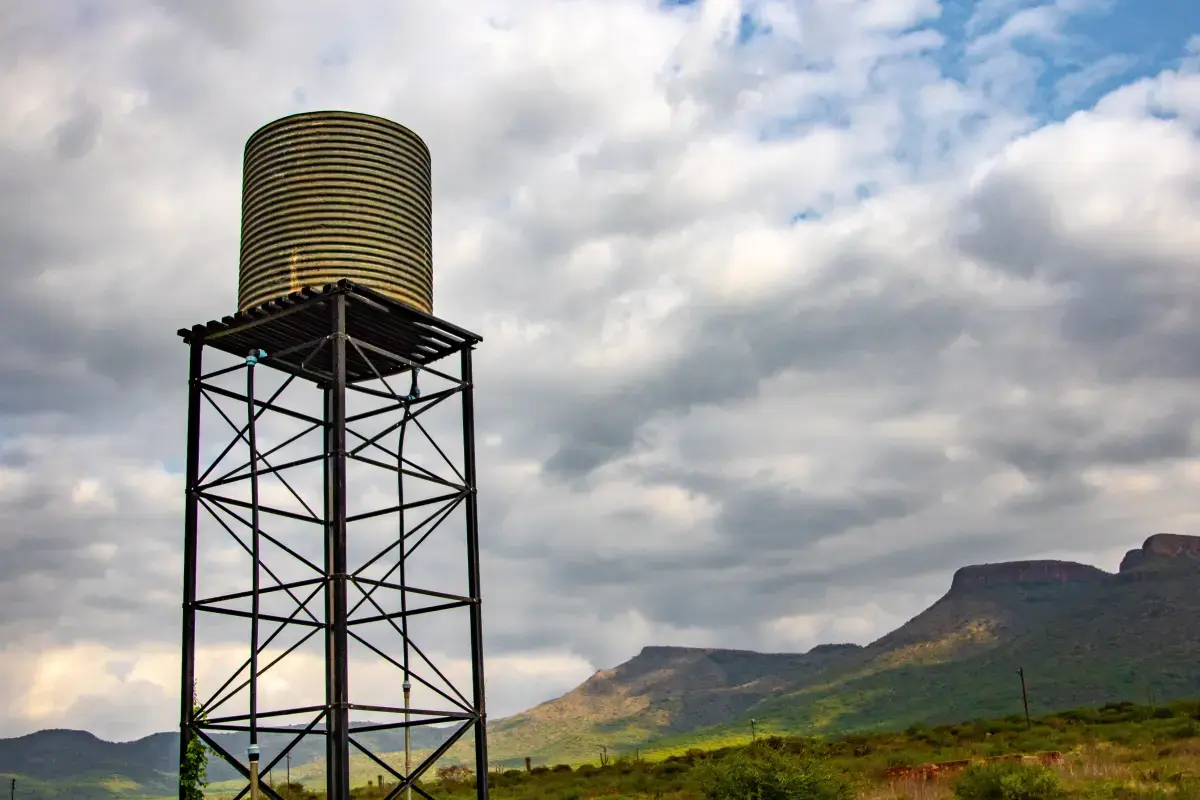
What are the Skills of a Water Tank?
A water tank expert is someone who has a thorough understanding of the various types of water tanks available, as well as the pros and cons of each type. They will also have extensive experience in installation, repair, and maintenance of water tanks. In addition, a water tank expert should be able to advise on the best location for a new tank, taking into account factors such as soil type and drainage. When it comes to installation, a water tank expert should be able to identify the most suitable location for the tank, taking into account factors such as proximity to the house or other buildings, access for maintenance purposes, and sunlight exposure.
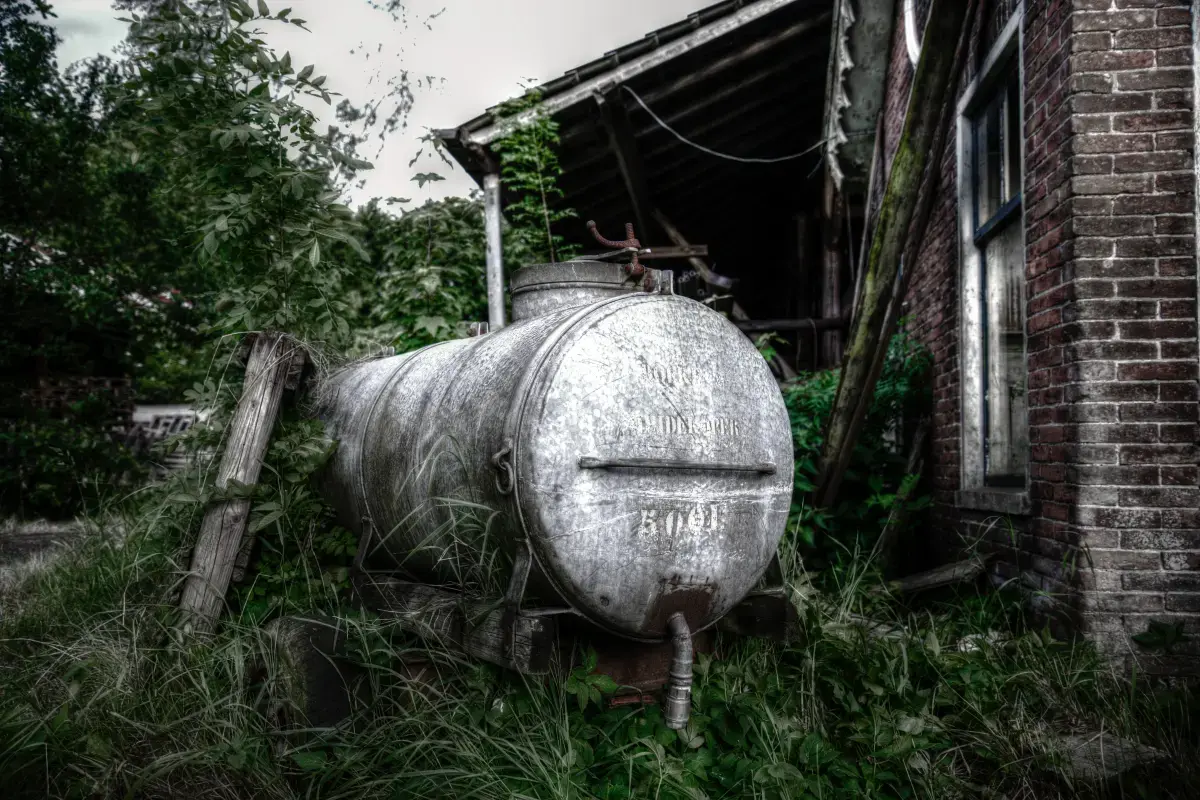
What makes an Expert Water Tank?
They will also be responsible for ensuring that the base of the tank is level and stable before proceeding with installation. Once the tank is in place, they will connect it to the relevant plumbing and electrical systems. If you are planning to install a new water tank or replace an existing one, it is important to consult with a reputable water tank expert beforehand. They will be able to provide you with valuable advice on which type of tank would be best suited to your needs, as well as helping you avoid any potential problems during installation or afterwards.
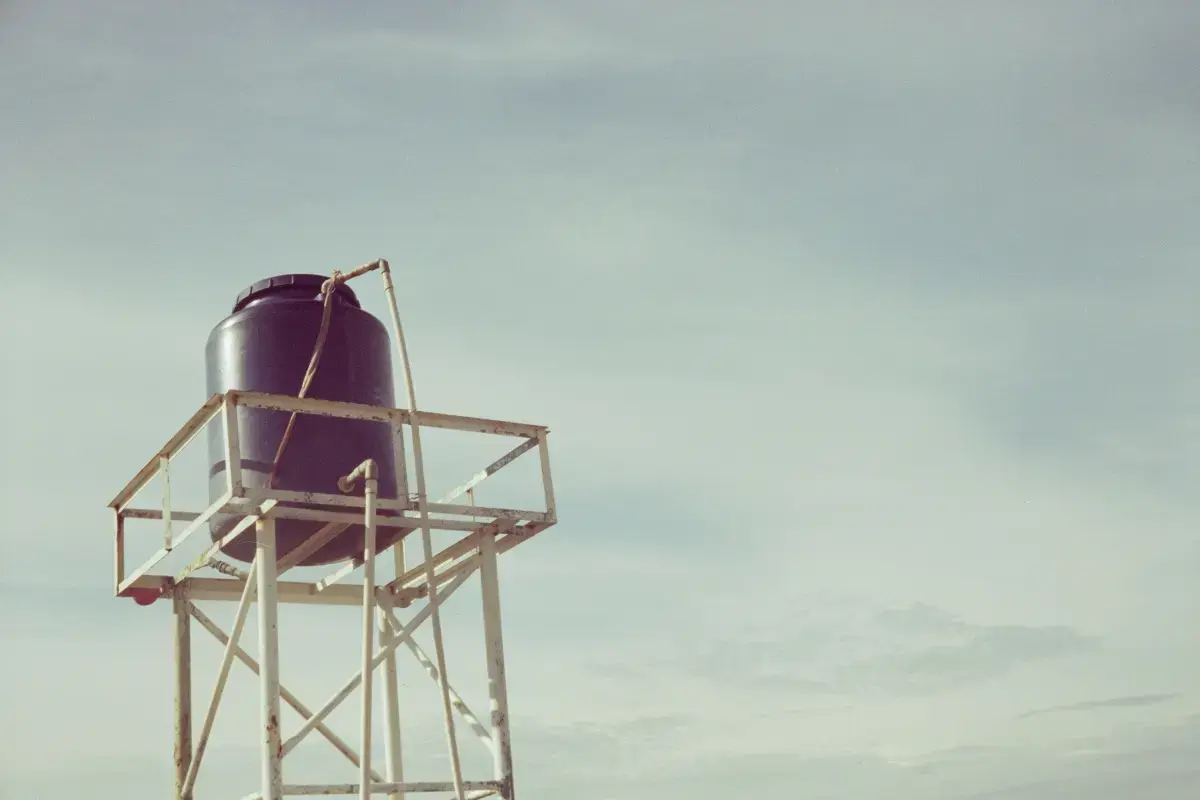
What level of Experience & Qualifications are required to be a Water Tank?
Industry Experience: • At least 5+ years of experience working in the water tank industry or related field. • Experience installing, maintaining and repairing water tanks, pumps and associated equipment. Training: • Certification in Site Safety Courses such as Confined Space Entry & Emergency First Aid by a recognised H&S organisation. Qualifications: • Relevant qualification from trades certifying body e.g. NVQ’s or City & Guilds Diploma/ certificate/ award etc in technical studies relevant to the water tank industry, e.g Plumbing, Carpentry/Joinery etc.. Education : • Engineering related discipline with basic understanding of pumps principles and their practical application .or other related skills appropriate to this profession such as Health & Safety qualifications
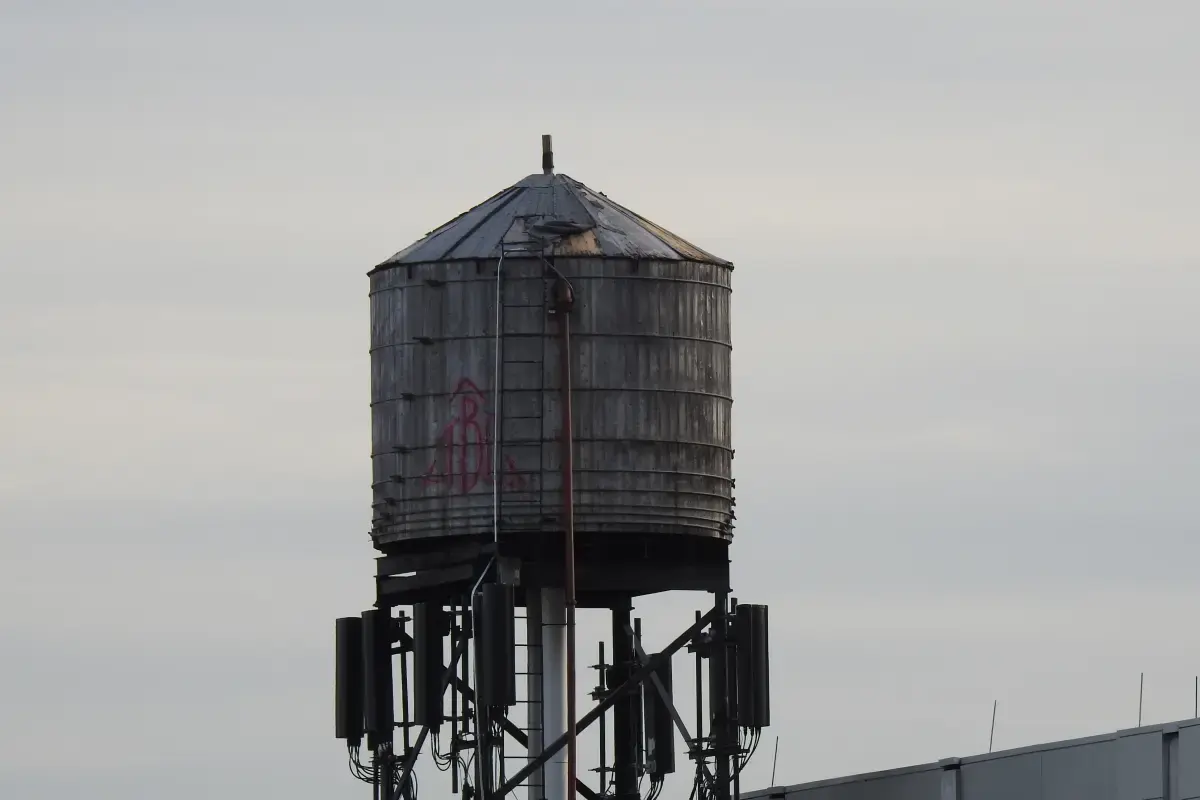
What is the Salary of a Water Tank?
The salary of a Water Tank Specialist depends on many factors, such as location and experience level. The following figures address rough estimations for each level of water tank specialist from junior to senior. Junior Water Tank Specialists: Junior water tank specialists are typically entry-level positions who work under the direction of an experienced supervisor. These specialists may be responsible for basic maintenance and installation tasks, such as installing new tanks or repairs on existing systems. Salary expectations at this level can range between $30,000 to $62,000 per year depending on experience. Intermediate Water Tank Specialists: Intermediary water tank specialists have more experience than juniors and may act as supervisors implementing safety procedures while also operating complex tanks independently or with minimal guidance from a supervisor. They can expect salaries in the range of $50,000-$90,000 per year again depending on the particular area’s industry conditions and job market demand for such workers at this intermediate level. Senior Water Tank Specialists: Senior water tank specialists should possess extensive knowledge regarding all aspects related to developing new methods of operation varying from completing technical field assessments to delivering detailed reports interpreting data collected during testing cycles; therefore their salary expectations tend to correspondingly higher towards $80K+ annually taxable after any employer-provided benefits like health insurance/supplemental disability plan contribution amounts are taken into account when applicable
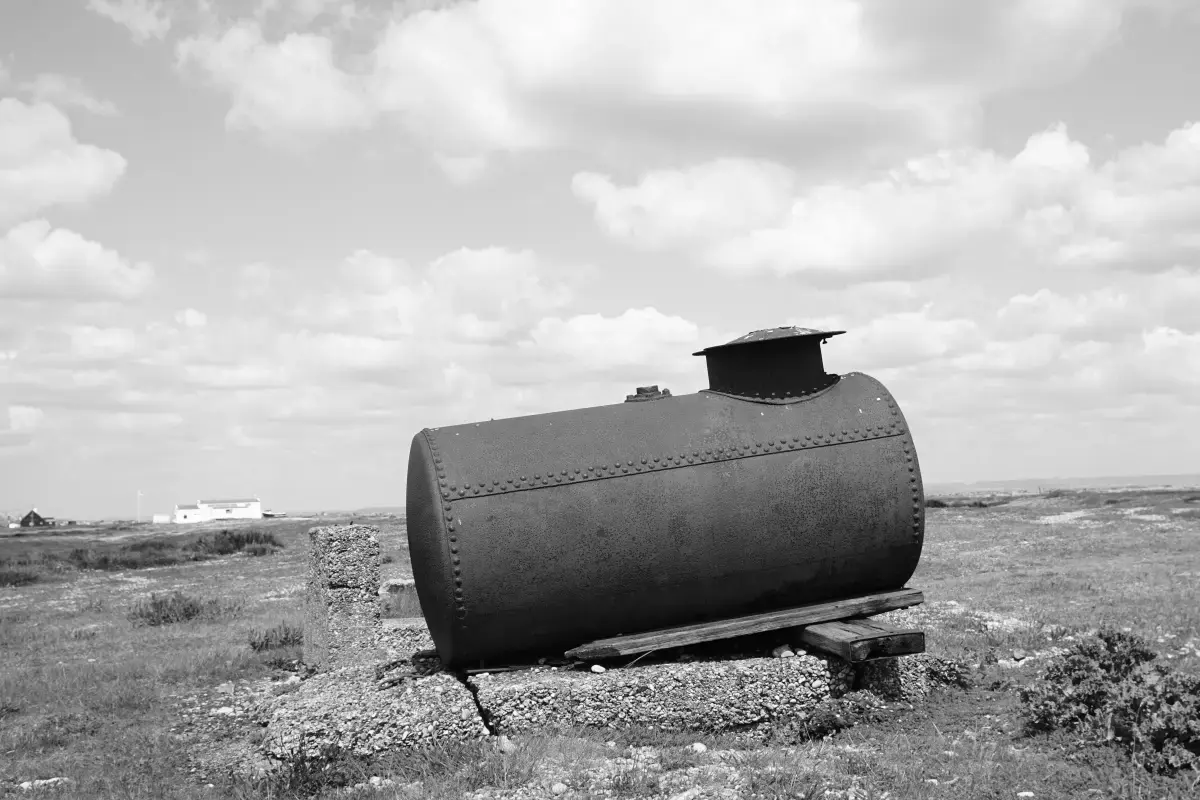
What are the Working Conditions for a Water Tank?
Water tank specialists are responsible for maintaining water tanks, installing new systems and carrying out repairs. Working conditions vary depending on the environment in which the specialist is situated. In residential and small-scale commercial settings, a tank specialist may be required to work both outdoors and indoors while handling heavy tools like pumps and compressors. It involves considerable climbing to reach difficult areas of the tanks as well as bending, kneeling or squatting for long periods of time in tight spaces. They need to wear protective gear such as safety glasses/glasses, hard hats; specifically designed shoes with thick soles; gloves made from rubber or leather; ear protection gear; dust masks etc., to prevent themselves from inhaling particles generated during cleaning/building activity or hurt by sharp edges of tanks etc The work also involve welding potentially hazardous materials like lead so it is important that proper safety measures are taken before working on them. Long hours (occasionally exceeding 12 hours a day) in noisy environments especially when moving large components can cause physical pressure over time so regular breaks should be taken to stay safe & alert at all times. Good communication with co-workers is essential when complex tasks involving more than one person are being carried out ensuring that everything runs smoothly without hiccups! In an industrial setting specialist will typically be required to work outdoors in direct exposure of harsh elements like extreme heat & cold temperatures associated with oil retention compounds they may come into contact with them while performing maintenance checks on remote locations drilling sites, oil rigs etc.. mechanical aptitude along with experience in algebraic formulas upstanding exposure will have top priority since these workers have full operational control these places need special attention by supervisors throughout their shift due frequent changes fluid levels & pressure fluctuations plumbing connections faulty valves tester temperature other potential hazard might surface during routine operations require very special care avoid mishaps . Furthermore visual inspection on wall coating interior/exterior joints pumping movements make sure if its become defective action plan implemented avoid downtime paying close attention detail airtight reliable timely manner always pinch hitter case something goes wrong technical assistance challenges small setbacks urgent problem solve any complicated task this type professional equipped right tools requirements get job done efficiently safely

What are the roles and responsibilities of a Water Tank?
Designing and constructing water tanks according to specifications
Ensuring that the water tank meets all safety and quality standards
monitoring the operation of the water tank and making necessary repairs or adjustments
regularly inspecting the condition of the water tank and its components
keeping accurate records of all maintenance activities carried out on the water tank
training other personnel in how to safely operate and maintain the water tank
coordinating with other departments or agencies in cases where the water tank needs to be shut down for repairs or maintenance
scheduling regular inspections of the water tank and associated equipment
documenting all aspects of the water tanks operations, including maintenance records and safety documents
overseeing the repair and replacement of damaged or faulty parts on the water tank
coordinating with construction teams in cases where modifications need to be made to the water tank
acting as a point of contact for questions or concerns about the water tank from other personnel
educating others about the importance of proper water tank maintenance and safety procedures
developing emergency protocols in case of an accident or malfunction at the water tank
investigating accidents or incidents that occur at the water tanker site
ensuring that all safety procedures are being followed by personnel working near or around the water tank
performing repairs on the watertank equipment as needed
keeping supply levels stocked for things such as de-icing chemicals, filters, etc
researching new ways to improve efficiency/safety standards for running a successful Water Treatment Plant
communicating with Management team updates, improvements, issues diagnosed with customers

Where can I find Water Tank jobs?
- Create a profile on gigexchange and promote your Water Tank skills to advertise you are Open to New Work Opportunities
- Ensure your Resume (or CV), or online work profile is up to date and represents your skills and experience. Ensure your reputation reflects your ability & attitude.
- Apply for Water Tank Jobs advertised on gigexchange.
- Practise Water Tank interview techniques to ensure you represent your personality and ability succinctly and confidently.
- Accept the job offer if the salary meets your expectations and the employer mission and purpose reflects your core values.
Jobs
What are the best job boards for Water Storage Installation jobs?

How can I hire Water Tank staff online for my business?
The best job board for recruiting Water Tank experts is gigexchange.com. Advertise full-time, part-time or contract jobs to find, hire & recruit trusted, experienced and talented Water Tank candidates near you.
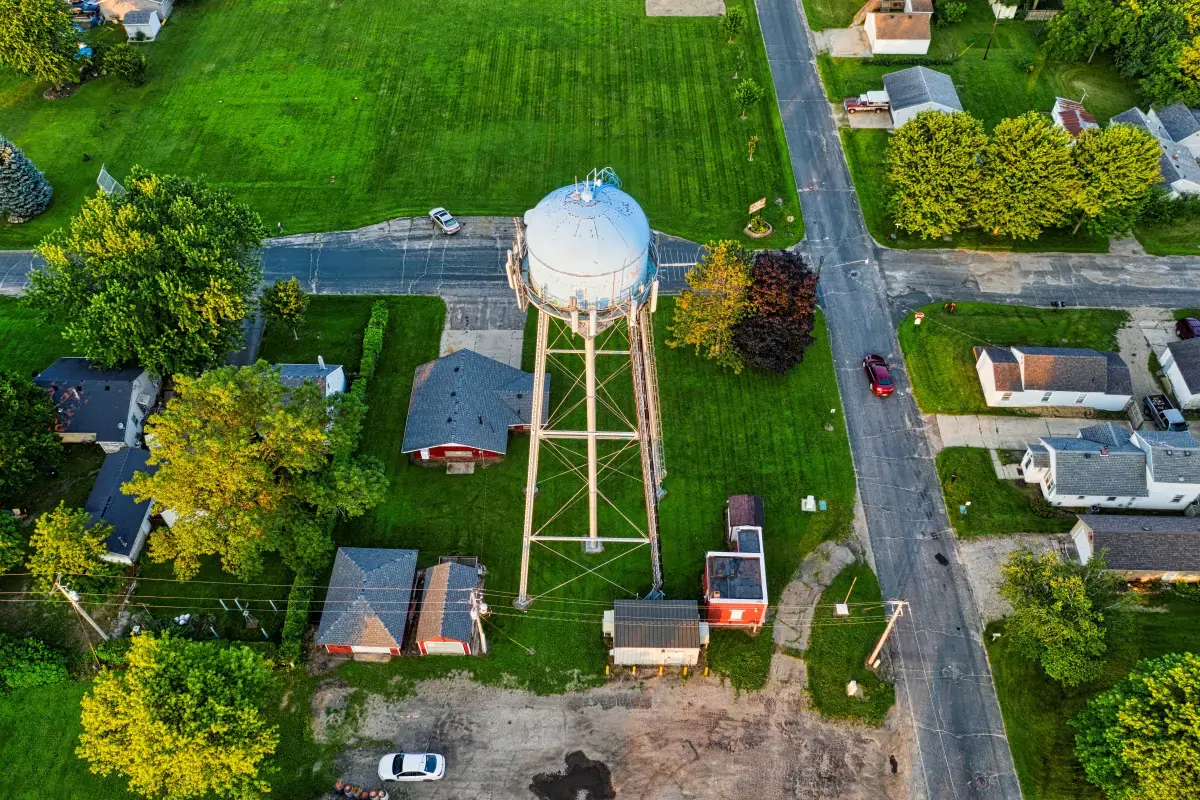
Are Water Tank roles in demand in 2026?
Water Tank experts are still in high demand in 2026. If you are an experienced Water Tank or looking to train and become one. The job market is looking strong for Water Tank jobs near me.